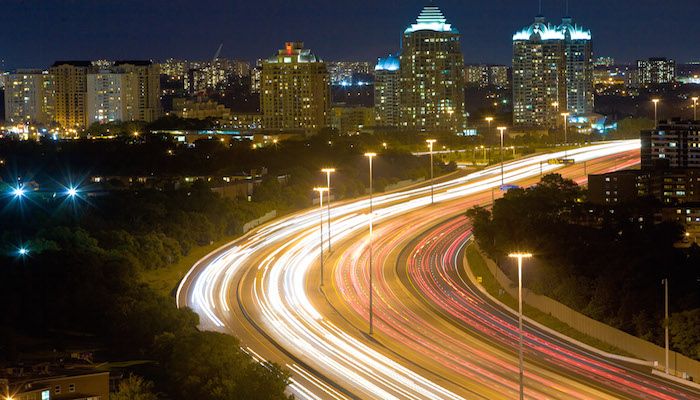MTN Nigeria Ltd on Wednesday announced that it had won a 10-year radio spectrum licence for mobile broadband services. The 2.6GHz band is expected to guarantee superior performance for wireless networks, especially 4G LTE services. MTN was said to be the only bidder for the license which will cost about N18.96 billion.
By being the sole winner of the 2.6GHz band, MTN will basically be the dominant market leader of 4G LTE technology in Nigeria and indeed Africa. 4G LTE currently exist in Nigeria but in very few states such as Lagos, Abuja and Porthacourt. Winning this license helps MTN take 4G LTE to other states in Nigeria giving it access to a wider market.
Like you are probably wondering, what exactly does 2.6GHZ mean? This illustration by the Director, Spectrum Administration, NCC, Engr. Austine Nwaulune best describes it.
‘‘it is just like you have land for development of estate in say Maitama, Abuja. Next land came up for development of estate in Asukoro.
Both of them are for development of estate. The one in Assokoro adds to the units of blocks you make available for Nigerians. So that is exactly what 2.6GHz will do, to offer more opportunities for investors and customers.’’
Ok..maybe it wasn’t so good an illustration. From what we gather the 2.6GHZ is basically a pathway to providing faster internet services via 4G LTE. By buying this spectrum MTN basically has the gateway to provide 4G LTE (which already exist) to more data hungry subscribers in Nigeria. 2.6GHz band does has its disadvantages, in that it does not connect over long distances. Here is how this article describes it;
The 2.6GHz band has a greater data capacity than the other two bands so it can deal with loads of people connecting at once, but it doesn’t fare so well over long distances, making it ideal for cities and other compact, densely populated areas but not so good for rural locations.
4G LTE on a 2.6GHZ spectrum therefore guarantees faster internet speed but cannot travel long distances. For example, areas where there are a lot of walls or distance between apartments in a block of flats. However, its greatest strength is that you can connect more people to it and still retain its speed. You can be 6 connected to a 4G LTE and still retain that connection speed.
So with the 2.6GHZ, MTN has the expressway that can help it transport its 4G LTE to a lot more subscribers across Nigeria giving them a market dominance that will be hard to beat. Just imagine that, 5 years from now tens of millions of internet consumers in Nigeria will be watching videos on their mobile phones, making video calls and sharing their experiencing on video. This will involve a lot of data and the network that can provide this data and a lightning speed and at a “cheaper” cost to subscribers will carry the day.
We don’t know how much monopoly this might create for MTN considering that they were the only bidders. NCC did not also explain why other networks did not bid for this gate way considering that mobile is the future of content. Will this deal deliver its promise for consumers and at the same time provide adequate returns for MTN? The jury is out.
